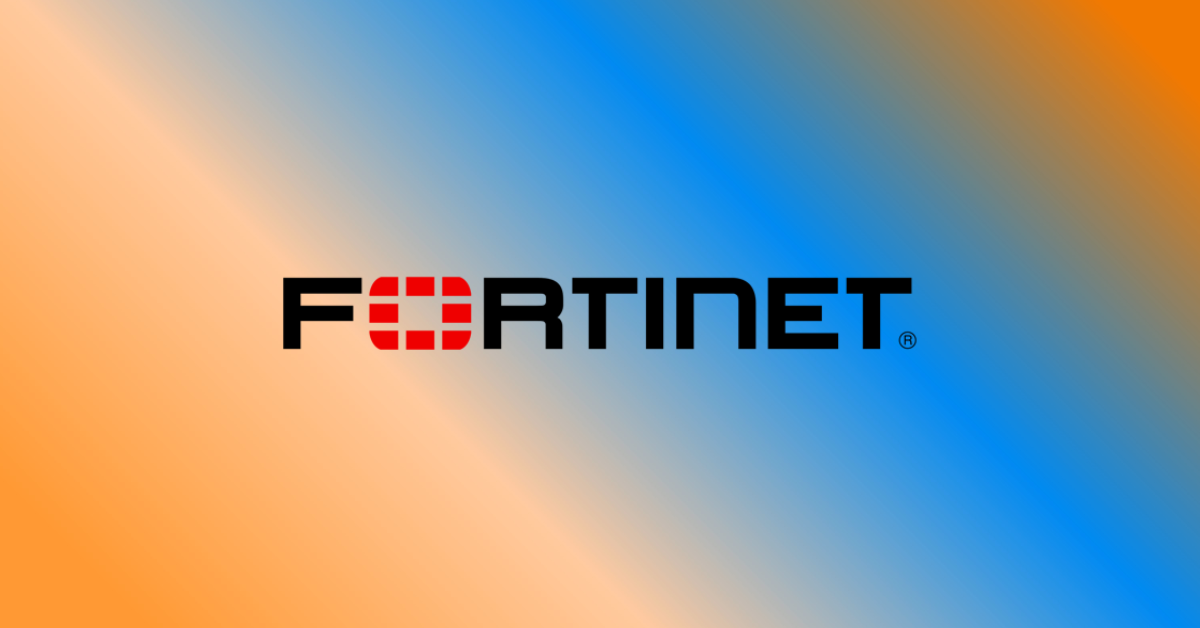Global cybersecurity leader driving the convergence of networking and security Fortinet has released the findings of its Asia-Pacific Secure Access Service Edge (SASE) survey, conducted by IDC. This recent study provides insights into the perspectives of cybersecurity leaders in the region regarding the impact of hybrid work on their organizations and the strategies they employ to address the resulting security challenges.
One of the key findings of the survey is the rise of the “Branch-Office-of-One” phenomenon. In the Philippines, 88% of the respondents reported adopting a hybrid or fully remote working model, with over two-thirds of organizations having at least 50% of their employees working in hybrid mode. This shift to remote work has transformed employees into “branch offices of one,” operating from their homes or other locations outside the traditional office. Consequently, 48% of respondents in the Philippines anticipate a surge of managed devices by more than 100% over the next two years, with some even expecting growth of up to 400%. In addition, 76% of organizations expect unmanaged devices to increase by over 50%, further complicating the security landscape and placing strain on IT security teams.
The presence of unmanaged devices poses a significant risk to organizations. At present, 30% of devices connecting to networks in the Philippines are unmanaged, creating vulnerabilities that could be exploited by threat actors. Survey respondents predict a 50% increase in unmanaged devices by 2025, highlighting the pressing need to address this potential security breach.
“As the Philippines continues to embrace the digital future and become a leader in the digital economy, it is essential that we acknowledge the increasing frequency and sophistication of cyber-attacks and data breaches. The shortage of skilled talent in the cybersecurity industry only makes this issue more challenging. At Fortinet, we are committed to bridging the skills gap and providing the necessary cybersecurity knowledge and awareness to all employees in an organization. With our Single-Vendor SASE solution, we aim to simplify security policy management and enhance the user experience for remote employees, helping The Philippines n businesses address the security challenges of the changing workforce,” according to Alan Reyes, Country Manager of Fortinet Philippines.
Another challenge highlighted by the survey is the need to secure cloud environments. As hybrid work becomes more prevalent, employees require multiple connections to external systems and cloud applications to maintain productivity. The survey reveals that employees in the Philippines need more than 30 connections to third-party cloud applications. Over the next two years, all respondents in the country expect this number to double, with over 70% believing it will triple. This exponential growth of connections amplifies the risk of security breaches. Traditional security measures are insufficient to protect organizations in this dynamic environment, necessitating a comprehensive solution that ensures network security while facilitating employee connectivity to third-party and cloud-based services.
The survey also highlights a concerning increase in security incidents due to the rise of hybrid work and the expansion of managed and unmanaged connections. In the Philippines, 62% of organizations reported more than triple the number of security breaches. Additionally, 94% of respondents experienced at least a two-fold increase in security incidents. The most common security incidents reported include phishing, denial of service attacks, data and identity theft, ransomware, and data loss. Alarmingly, only 49% of organizations across Asia have dedicated security personnel, leaving them more vulnerable to security incidents and breaches.
To address the challenges of hybrid work, organizations in the Philippines are increasingly considering the adoption of Single-Vendor SASE solutions. SASE provides a comprehensive approach that ensures a consistent security posture for users both on and off the network. It simplifies security policy management and enhances the user experience for remote employees. The survey reveals that many organizations recognize the benefits of a converged platform, with 76% of respondents in the Philippines preferring a single vendor for networking and security capabilities. Moreover, 82% are in the process of consolidating their IT security vendors, aiming to reduce security gaps, improve network performance, ease deployment, and address integration and scalability challenges. More than half of the respondents (54%) prefer a single vendor for cloud-delivered security services and SD-WAN.
“The industry has evolved. Many people have gone to SASE in many different ways. Some will say they go on-prem and choose vendor A. Some will go to the cloud and choose SD-WAN with vendor B. If I want privacy, I go with vendor A; and if I want to go to SASE, I choose vendor B. Organizations always have to take the most efficient path to security,” said Kelvin Chua, Regional Director, Systems Engineering for Fortinet Southeast Asia and Hong Kong when I asked him about his take on businesses thinking that adopting a SASE solution will cause for their cybersecurity strategies to be fragmented during a press briefing held at BGC this week.


